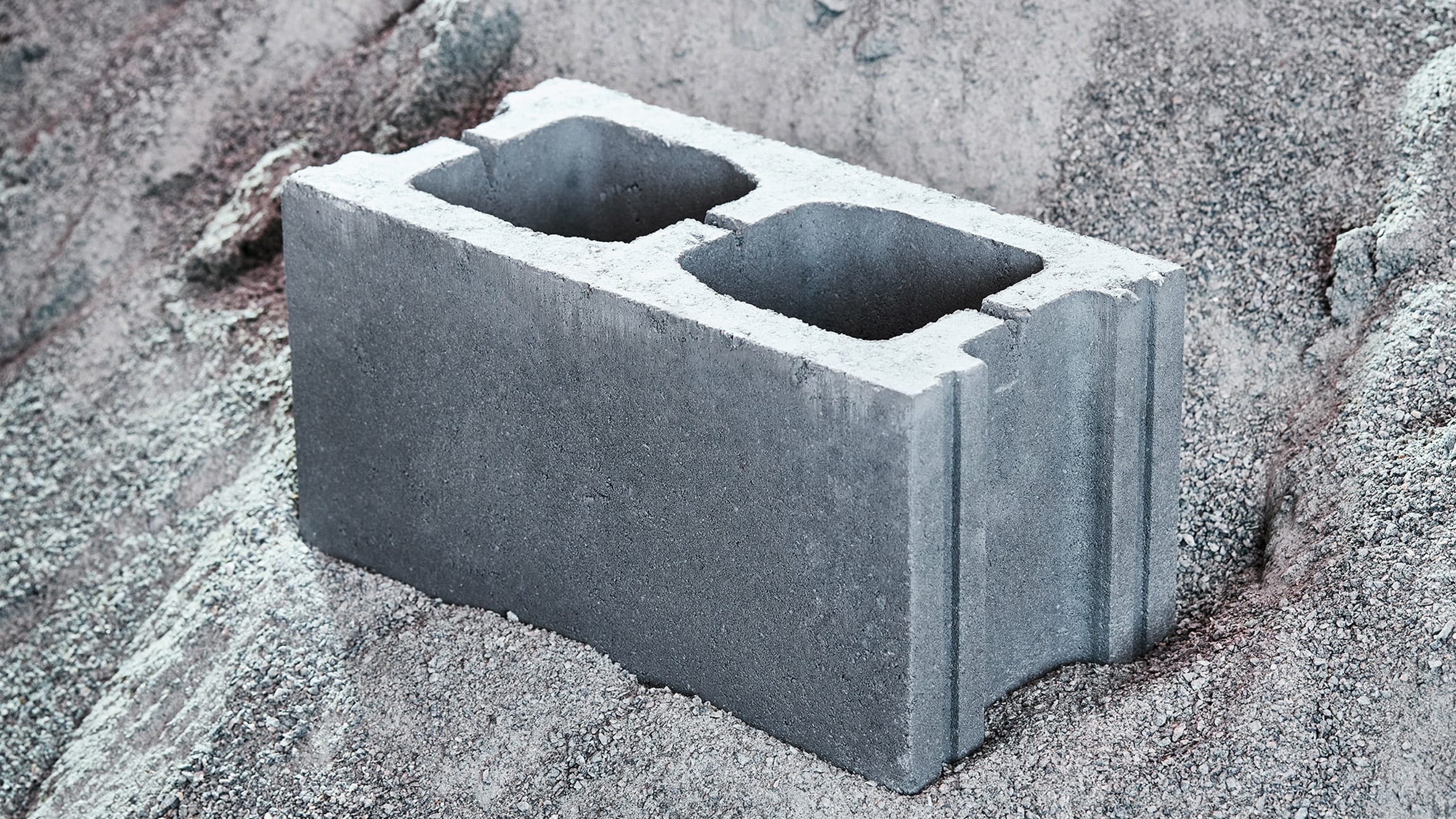Comprehensive Guide to Concrete: From Installment to Completing Touches
Comprehensive Guide to Concrete: From Installment to Completing Touches
Blog Article
Revealing the Eco-Friendly Advantages of Making Use Of Recycled Concrete in Lasting Construction Practices
In the realm of sustainable construction techniques, the application of recycled concrete stands as a pivotal yet commonly underestimated source. Past its standard applications, recycled concrete offers a myriad of environmentally friendly advantages that prolong far beyond the confines of typical building materials. From reducing ecological effect to improving cost-efficiency, the ramifications of incorporating recycled concrete in sustainable building techniques are substantial. This functional product not just addresses pushing ecological issues however also presents a feasible service to the challenges faced by the construction market at big.
Environmental Advantages
By integrating recycled concrete right into building and construction techniques, there is a considerable reduction in the demand for new raw products, leading to conservation of natural sources. Furthermore, the usage of recycled concrete decreases the amount of waste being sent to garbage dumps, consequently minimizing environmental contamination and minimizing the strain on land fill capacities (Concrete).

Additionally, the production of typical concrete is a significant resource of carbon exhausts as a result of the energy-intensive procedure of cement production. On the other hand, recycled concrete has a reduced carbon impact as it reduces the need for new concrete production. This reduction in carbon emissions adds to mitigating environment adjustment and sustains sustainable building techniques. Overall, the environmental advantages of utilizing recycled concrete are substantial and play a vital role in promoting eco-friendly construction methods.
Cost-Efficiency
When analyzing the use of recycled concrete in building and construction tasks,Achieving cost-efficiency is a vital factor to consider. One of the crucial advantages of utilizing recycled concrete is its cost-effectiveness contrasted to typical concrete. The production of recycled concrete involves less power and resources as it utilizes existing materials, decreasing the overall task expenses considerably. Furthermore, the availability of recycled concrete in your area can further lower transportation expenditures, making it a much more affordable option for building projects.
In addition, the use of recycled concrete can lead to cost savings in land fill prices by diverting concrete waste from disposal websites. This not only minimizes the ecological impact but additionally removes the expenses associated with waste elimination. The sturdiness and performance of recycled concrete are comparable to conventional concrete, guaranteeing that expense financial savings do not compromise the high quality of the building.
Toughness and Toughness
Considering the substantial cost-efficiency benefits of making use of recycled concrete, it is critical to examine its durability and strength in construction applications. Recycled concrete offers equivalent, otherwise superior, longevity and stamina residential or commercial properties to standard concrete. Via improvements in processing techniques and high quality control, recycled concrete can satisfy or exceed the efficiency standards of standard concrete. The procedure of reusing concrete involves squashing, sorting, and evaluating old concrete to create accumulations that can be made use of in brand-new building jobs. These recycled aggregates can supplying satisfactory compressive strength, toughness, and lasting efficiency.

Waste Reduction
Efficient waste reduction techniques play a crucial function in the lasting usage of sources within the construction market. When it comes to utilizing recycled concrete, waste reduction is a crucial advantage that adds dramatically to environmental conservation. Typical construction approaches typically create considerable amounts of waste, particularly in the kind of concrete rubble from demolition sites. By including recycled concrete right into building tasks, this waste is repurposed and diverted from land fills, reducing the total ecological influence of building tasks.
Recycled concrete not only assists in reducing the amount of waste that winds up in land fills but also saves natural sources by reducing the need for brand-new accumulated products. This process of waste reduction advertises a round economic climate within the building field, where products are reused and recycled to produce a much more lasting industry. Additionally, making use of recycled concrete can bring about cost financial savings for building projects, as it is typically more budget friendly than sourcing and transferring new products. Finally, waste decrease with the use of recycled concrete is a crucial part of lasting building methods that profits both the building and construction and the environment sector as a whole.
Power Conservation
Energy click here for info conservation is a crucial element of sustainable building practices, intending to minimize the overall power usage associated with structure operations and products manufacturing. Substantial power cost savings are attained compared to standard concrete manufacturing when it comes to utilizing recycled concrete in building. The procedure of producing recycled concrete involves squashing and reusing existing concrete products, which eats less power than mining, handling, and transporting basic materials for brand-new concrete production. In addition, using recycled concrete can help lower the demand for virgin aggregate, more minimizing the energy-intensive extraction and processing of natural sources.
Conclusion
In verdict, the utilization of recycled concrete in sustainable building and construction practices supplies numerous ecological advantages, cost-efficiency, longevity, toughness, waste decrease, and power preservation. By including recycled concrete into building tasks, we can add to an extra sustainable and environmentally friendly future. It is essential for the building and construction industry to prioritize the usage of recycled materials to assist reduce the environmental effect of construction tasks.
One of the vital benefits of using recycled concrete is its cost-effectiveness contrasted to standard concrete.Furthermore, the use of recycled concrete can lead to cost savings in land fill prices by diverting concrete waste from disposal sites. The sturdiness and performance of recycled concrete are similar to standard concrete, making certain that price savings do not jeopardize the quality of the building.

Report this page